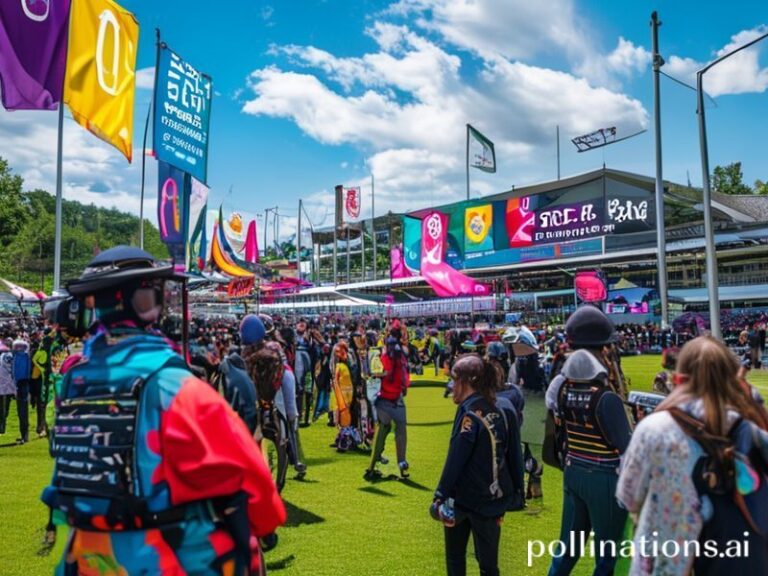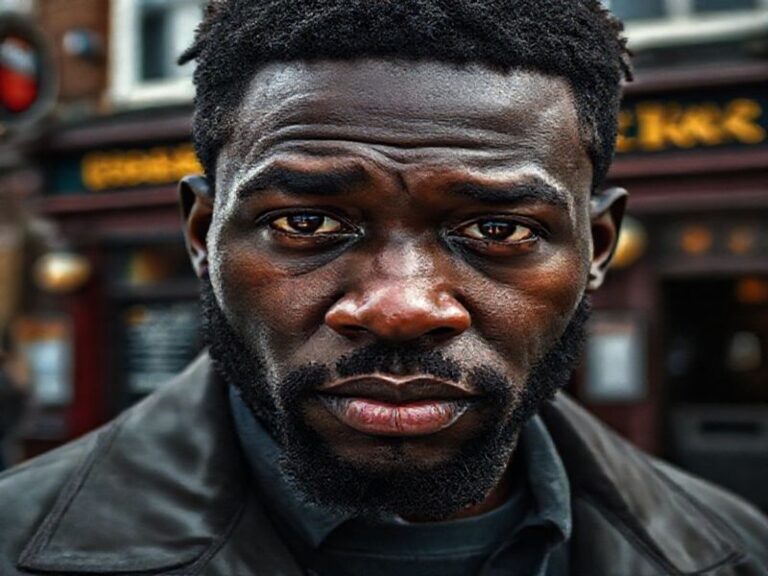Global Blind Vows: How ‘Married at First Sight’ Became the World’s Shared Midlife Crisis
Married at First Sight: A Global Game of Matrimonial Roulette
Somewhere between arranged marriage and Tinder, humanity has decided the most efficient way to find lifelong commitment is to skip the “lifelong” part and jump straight to the altar. The franchise Married at First Sight—spawned in Denmark, franchised to 35 territories, and currently providing emotional whiplash everywhere from Johannesburg to São Paulo—has turned the planet into one giant, televised chemistry experiment. The hypothesis: if you bolt two strangers together in matching outfits, the universe will eventually shrug and grant them a shared Netflix password.
The show’s origin story is almost too perfect. In 2013, Danish broadcaster DR3—already famous for hygge documentaries and existential crime dramas—asked, “What if we took our national talent for cozy consensus and weaponized it for ratings?” The result was Gift Ved Første Blik, which sounds like a pastry but translates roughly to “Till Death Do Us Part, or at Least Until Sweeps Week.” Scandinavia, home of the world’s highest divorce rates, decided to monetize its own romantic pessimism. The Finns added subtitles; the Swedes added a live orchestra; the Norwegians simply filmed it in winter darkness to ensure everyone looked appropriately doomed.
From there, the format spread like a particularly contagious breakup. Australia’s version became a ratings juggernaut so successful that one couple’s divorce papers outsold the national rugby final. In the United States, Lifetime turned the concept into a nine-course meal of dysfunction garnished with sponsored ring lighting. Brazil’s Casamento às Cegas added carnival drums and a suspicious number of helicopter exits. Even Saudi Arabia, not historically known for reality-TV permissiveness, green-lit a genders-segregated pilot where participants communicated via handwritten notes passed through a velvet curtain—like Jane Austen with Wi-Fi.
What unites these local mutations is the same bleakly comic principle: love, reduced to a risk-assessment matrix. Producers deploy psychologists, sociologists, and a suspicious number of former bartenders to “scientifically” pair strangers whose compatibility scores are rivaled only by their mutual panic. Participants are promised “support” but mostly receive camera crews and the gentle suggestion that if they leave early, they’ll owe production the cost of the honeymoon suite. Somewhere, a Nobel laureate in economics is updating his PowerPoint on game theory to include “televised desperation” as a variable.
The geopolitical implications are darker than the lighting budget. In countries where arranged marriage is tradition, MAFS markets itself as “empowered choice”—a phrase that sounds revolutionary until you realize the experts still do the choosing. In the West, it’s sold as a cure for dating-app fatigue, because apparently nothing fixes swipe burnout like legally binding paperwork. Meanwhile, streaming platforms collect terabytes of biometric data on heart rates, eye dilation, and the exact moment someone realizes they’ve married a part-time DJ. If Cambridge Analytica had simply sponsored a season, they could have skipped the Facebook quizzes.
Yet for all its cynicism, the show exposes a universal hunger: the desire to outsource heartbreak to higher authorities. Whether you live in Seoul or Sheffield, there’s comfort in believing that a panel of experts can absolve you from romantic responsibility. It’s religion for the secular age, except the deity is a production assistant holding a release form and the communion wine is prosecco paid for by product placement.
As climate change accelerates and global democracy frays, Married at First Sight offers a tidy metaphor for our collective future: two strangers picked at random, handed a shared mortgage on a burning planet, and told to make it work for the cameras. The ratings are excellent. The divorce papers are ready in nine languages. And somewhere in Copenhagen, a Danish producer is already pitching “Divorced at First Sight: The Alimony Edition.”
Love, it turns out, was just another export commodity—packaged, localized, and sold back to us with subtitles. The world isn’t flat; it’s just wearing matching wedding bands.







